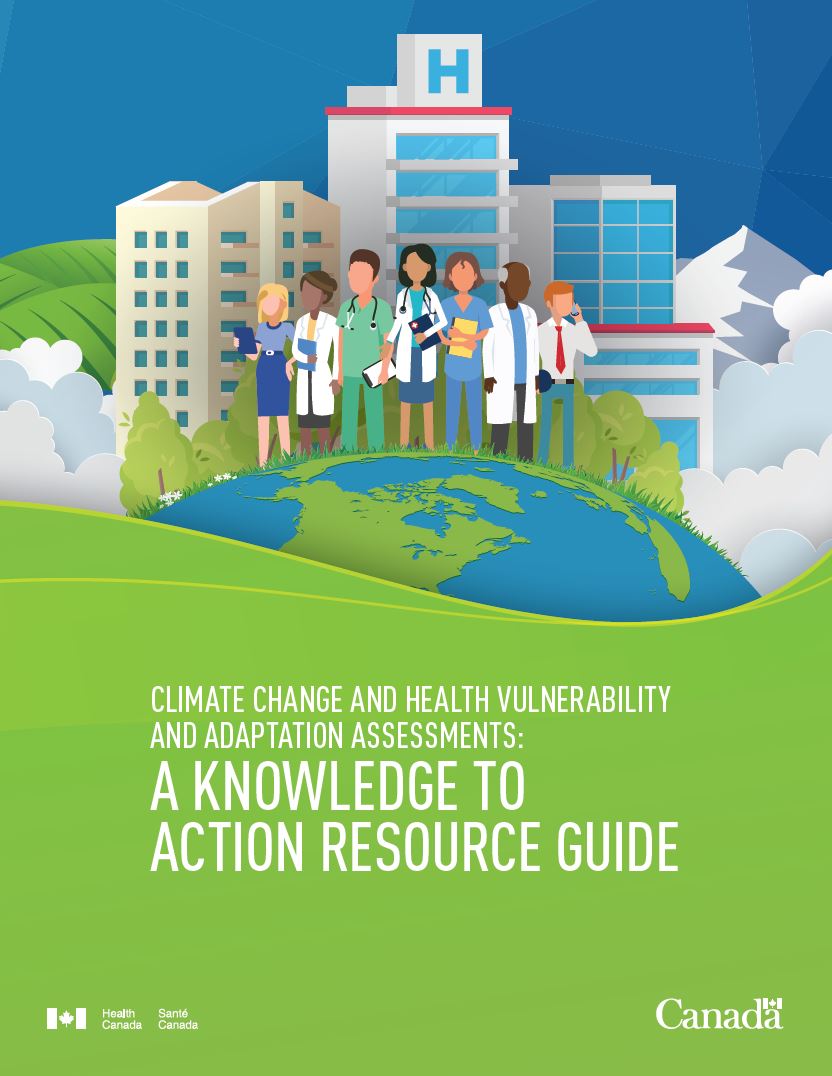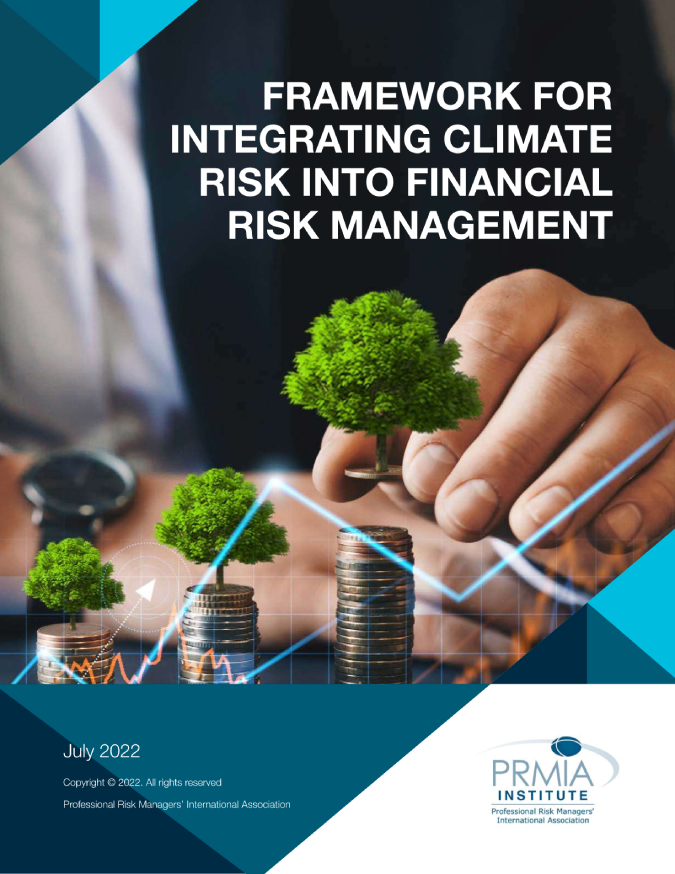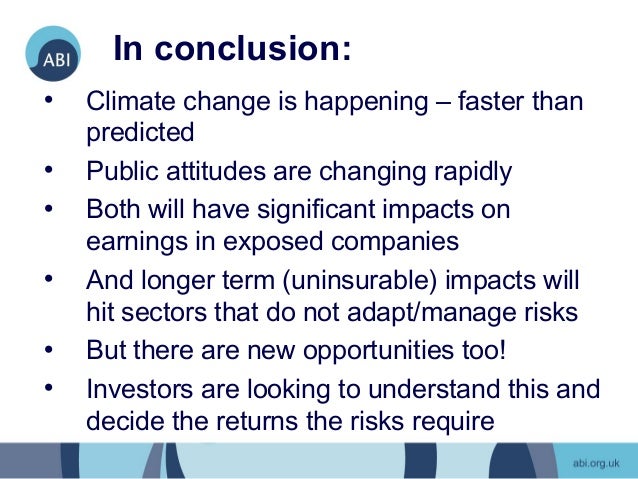Climate Change And Business Adaptation Presentation
| Introduction | ||
|---|---|---|
| Climate change is a pressing global issue that poses significant challenges to businesses. Business adaptation to climate change is crucial for long-term sustainability and resilience. Adaptation refers to proactive measures taken by businesses to mitigate risks and capitalize on opportunities arising from climate change. | ||
| 1 | ||
| Impacts of climate change on businesses | ||
|---|---|---|
| Rising temperatures and extreme weather events can disrupt supply chains and production processes. Changes in precipitation patterns can lead to water scarcity, affecting agricultural and manufacturing sectors. Sea-level rise poses a significant threat to coastal infrastructure and tourism industries. | ||
| 2 | ||
| Key strategies for business adaptation | ||
|---|---|---|
| Conducting climate risk assessments to identify vulnerabilities and opportunities for adaptation. Developing robust business continuity plans to ensure operations can withstand climate-related disruptions. Investing in renewable energy sources and energy-efficient technologies to reduce greenhouse gas emissions. | ||
| 3 | ||
| Collaboration and partnerships | ||
|---|---|---|
| Engaging with stakeholders, including governments, NGOs, and local communities, to address climate change collectively. Collaborating with suppliers and customers to promote sustainable practices and reduce carbon footprint along the value chain. Joining industry associations and initiatives to share best practices and advocate for climate-friendly policies. | ||
| 4 | ||
| Financial implications | ||
|---|---|---|
| Incorporating climate risk into financial planning and investment decisions. Accessing green financing options and incentives to support climate adaptation projects. Considering the potential costs of inaction and the long-term value of sustainable business practices. | ||
| 5 | ||
| Case studies | ||
|---|---|---|
| Example 1: Walmart's commitment to reduce emissions and increase energy efficiency in its operations and supply chain. Example 2: Coca-Cola's water stewardship initiatives to address water scarcity risks in vulnerable regions. Example 3: Unilever's sustainable sourcing practices to ensure the resilience of its supply chain and protect smallholder farmers. | ||
| 6 | ||
| Conclusion | ||
|---|---|---|
| Climate change is a complex and urgent challenge that requires proactive adaptation strategies from businesses. By implementing adaptation measures, businesses can enhance their resilience, reduce risks, and seize new opportunities. Collaboration, innovation, and financial planning are key elements in successful business adaptation to climate change. | ||
| 7 | ||






